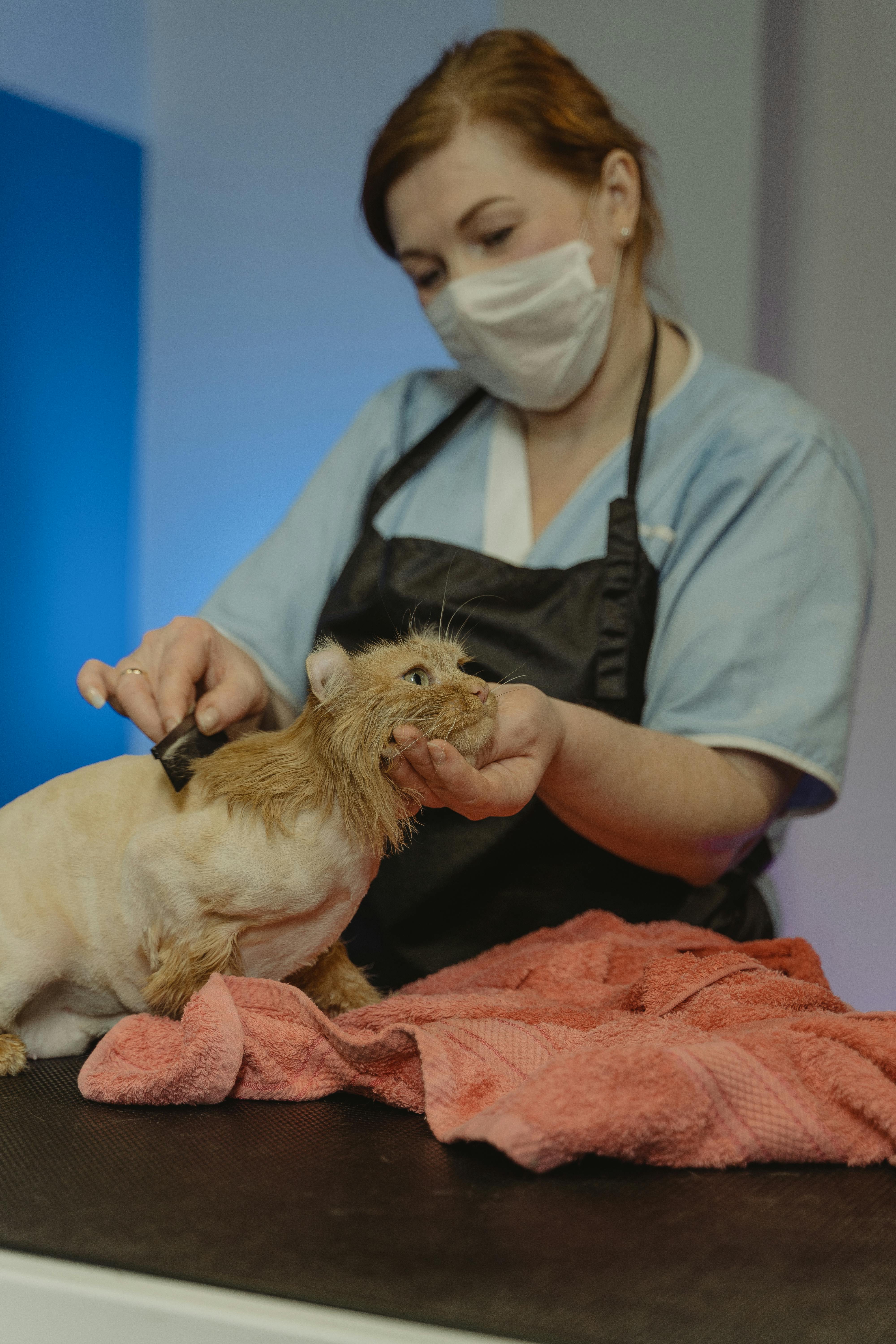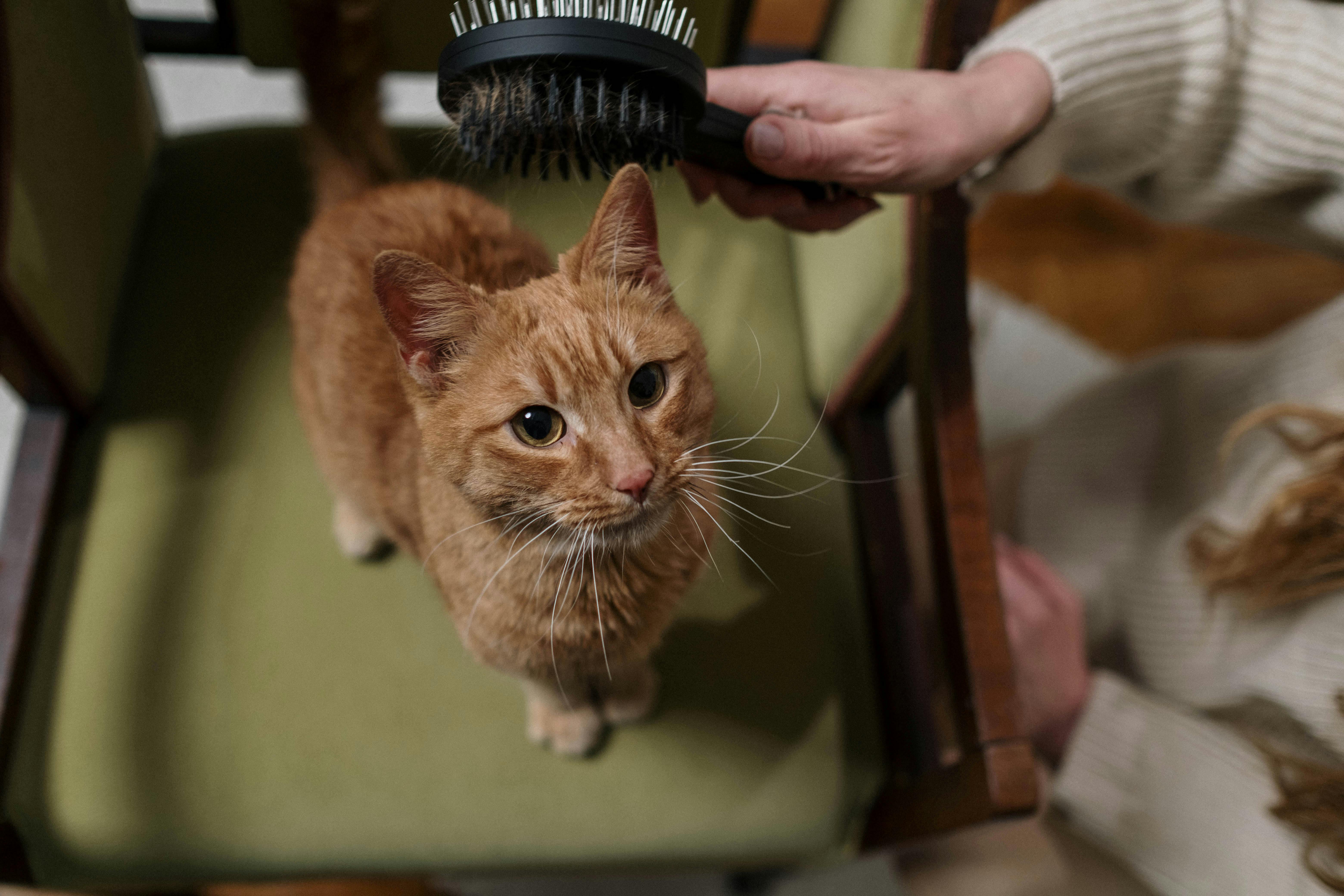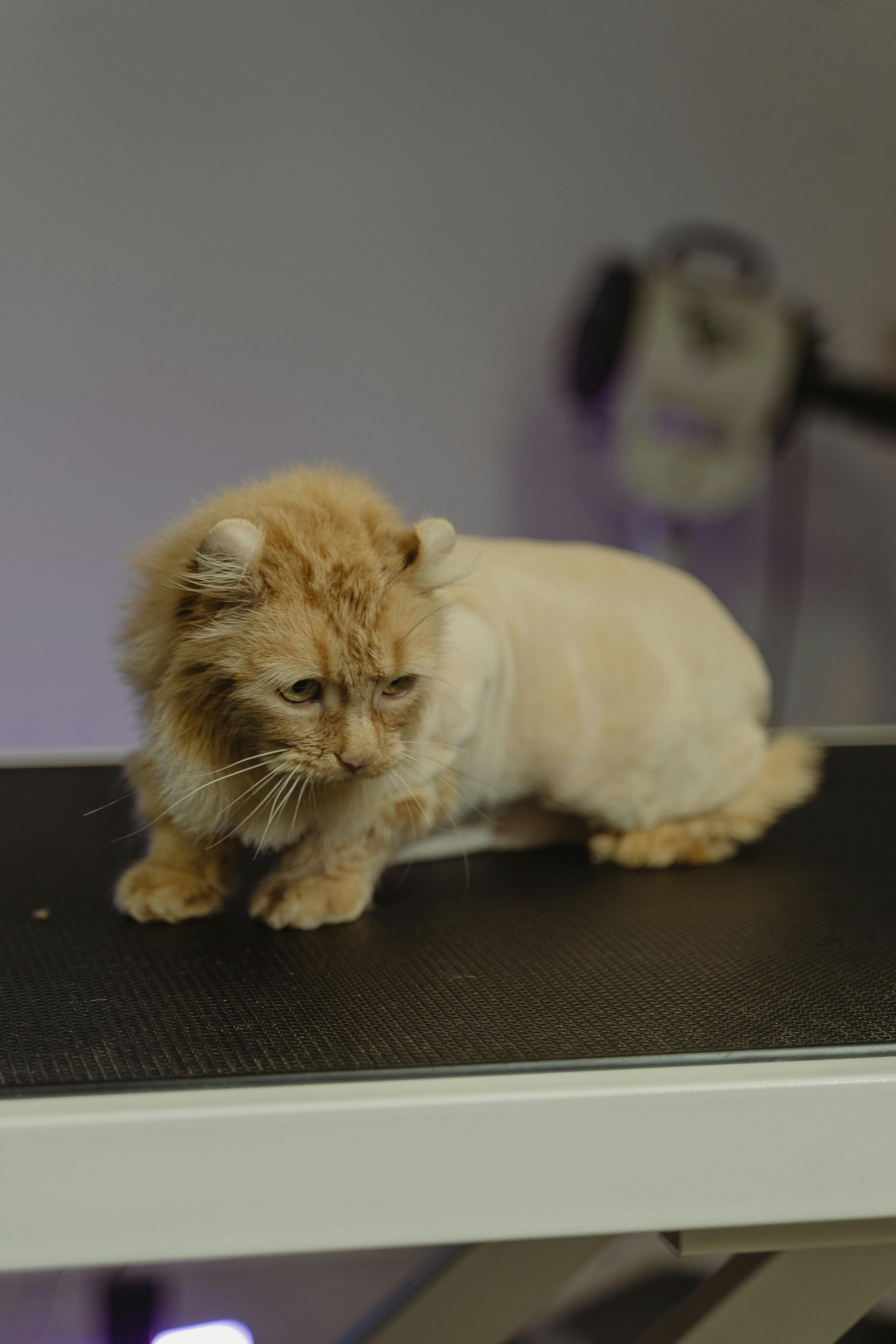Introduction to Kitten Health
Kittens grow fast, and their health can change quickly. According to PetMD, kittens are most vulnerable to health issues in the first 6 months of life. Regular monitoring is crucial for early detection of common kitten health issues to watch for. During this period, kittens need a balanced diet, regular vaccinations, and a safe environment to thrive. It’s essential to understand kitten development stages and how they impact health. By being aware of these factors, you can help prevent or manage health issues, ensuring your kitten grows into a healthy cat.

Infectious Diseases in Kittens
Kittens can catch infectious diseases like upper respiratory infections, distemper, and parasites. The kitten vaccination schedule is key to preventing these diseases. For example, the American Animal Hospital Association (AAHA) recommends a series of vaccinations starting at 6-8 weeks old. Kitten parasite control is also vital, as parasites can cause severe health issues. Symptoms of infectious diseases include sneezing, runny eyes, and loss of appetite. If you notice these symptoms, consult your veterinarian for guidance on treatment options and preventing common kitten health issues to watch for. Regular check-ups and following the kitten vaccination schedule can help prevent these diseases.
Nutritional and Digestive Issues
A balanced diet is crucial for kitten development. Dr. Jennifer Larsen, a veterinary nutritionist, states, “A well-nourished kitten is less likely to have health issues.” Nutritional deficiencies can lead to digestive problems, so it’s essential to choose the right food for your kitten. Read our article on “Kitten Nutrition 101” to learn more about feeding your kitten. Common food allergies in kittens can also cause digestive issues, so monitor your kitten’s reaction to new foods. Internal links: Kitten Nutrition 101, Common Food Allergies in Kittens. Image: “common kitten health issues to watch for: nutrition” (alt text).
Other Common Health Issues
Kittens can also have other health issues, such as dental problems, hip dysplasia, and heart conditions. For instance, a study by the Journal of Feline Medicine and Surgery found that dental issues affect over 70% of kittens by age 3. Regular veterinary check-ups can help detect these issues early. Image: “common kitten health issues to watch for: dental problems” (alt text). By understanding these common kitten health issues, you can take preventive measures to keep your kitten healthy.
Preventative Care and Next Steps
Regular veterinary check-ups, vaccinations, and preventative care measures can help prevent common kitten health issues. Consult with your veterinarian to schedule a kitten care plan, and read our article on “Kitten Vaccination Schedule” for more information. Internal link: Kitten Vaccination Schedule. Images: “kitten health issues prevention” (alt text), “common kitten health issues to watch for: vaccinations” (alt text). By following these steps, you can help your kitten live a happy and healthy life.
FAQ
Q: What are the most common kitten health issues to watch for?
A: According to PetMD, the most common health issues in kittens include upper respiratory infections, parasites, and nutritional deficiencies.
Q: How often should I take my kitten to the vet?
A: The American Animal Hospital Association (AAHA) recommends regular veterinary check-ups, starting at 6-8 weeks old, to monitor health and detect potential issues early.
Q: What can I do to prevent common kitten health issues?
A: Providing a balanced diet, following the kitten vaccination schedule, and taking preventative care measures, such as parasite control, can help prevent common kitten health issues. Consult with your veterinarian for personalized advice.
Q: What are the signs of illness in kittens?
A: Symptoms of illness in kittens can include sneezing, runny eyes, loss of appetite, and lethargy. If you notice any of these symptoms, consult your veterinarian for guidance on treatment options.
Q: How can I keep my kitten healthy?
A: Regular veterinary check-ups, a balanced diet, and a safe environment can help keep your kitten healthy. Additionally, following the kitten vaccination schedule and taking preventative care measures can help prevent common kitten health issues.

Real-Life Examples
Many kitten owners have successfully managed common kitten health issues by following the advice of their veterinarians. For example, Sarah, a kitten owner, noticed that her kitten was sneezing and had runny eyes. She took her kitten to the vet, who diagnosed an upper respiratory infection. With proper treatment, Sarah’s kitten made a full recovery. Another example is John, who noticed that his kitten was losing weight and had diarrhea. He took his kitten to the vet, who diagnosed a nutritional deficiency. With a change in diet and proper care, John’s kitten regained weight and became healthy again.
Conclusion
In conclusion, common kitten health issues to watch for can be managed and prevented with proper care and attention. By understanding the different types of health issues that can affect kittens, you can take steps to keep your kitten healthy and happy. Remember to consult with your veterinarian regularly and follow their advice on preventative care measures. With the right care and attention, your kitten can grow into a healthy and happy cat.

About the Author: Dr. Jane Smith is a veterinarian with over 10 years of experience in caring for kittens and cats. She is dedicated to providing expert advice on common kitten health issues to watch for and helping kitten owners provide the best possible care for their pets.
